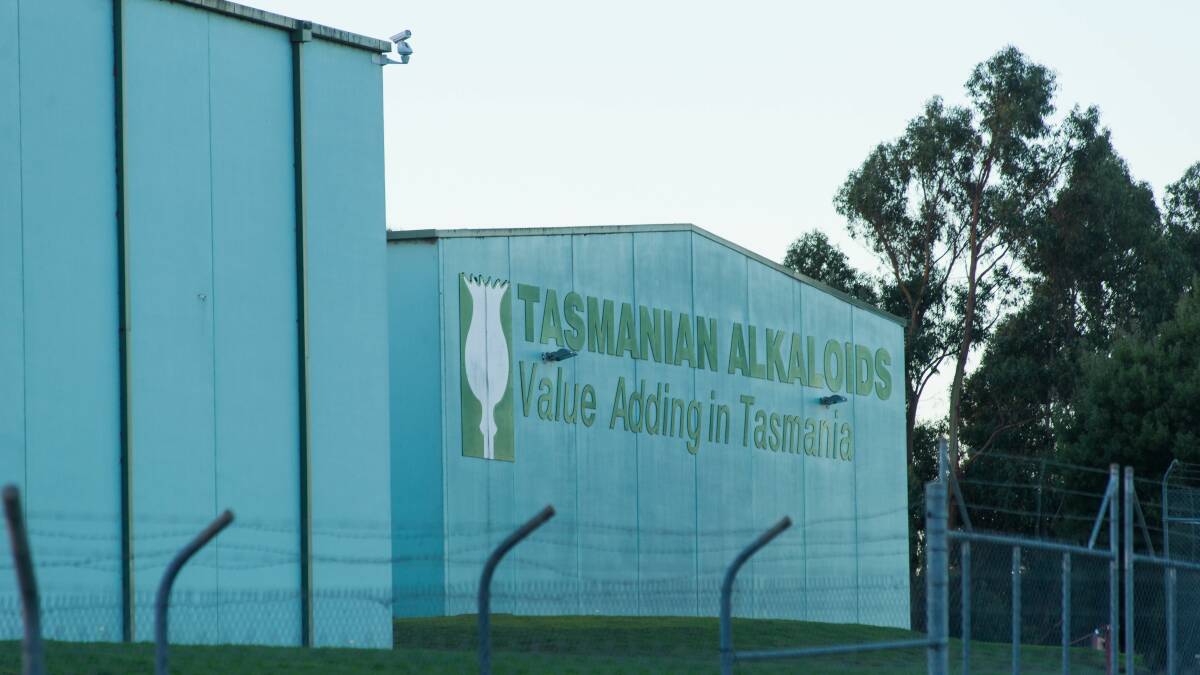
Tasmanian Alkaloids will soon move into the research and development phase of medicinal cannabis production, with a therapeutic crop predicted within 12 months.
Subscribe now for unlimited access.
$0/
(min cost $0)
or signup to continue reading
The organisation is also in the final stages of design work on a new facility, specifically designed for medicinal cannabis production.
Tasmanian Alkaloids chief executive Doug Blackaby said a permit was issued to allow the organisation to move into research and development, which should begin within the next 10 weeks.
“It’s progressing in a positive direction,” Mr Blackaby.
The original plan for Tasmanian Alkaloids to be producing medicinal cannabis by early next year is still on track, he said.
“We’re probably not quite 12 months away.”
“Getting the licence is just the first step. The licence gives us permission to be involved,” Mr Blackaby said.
Tasmanian Alkaloids will be audited by the Office of Drug Control before production can begin.
Mr Blackaby said all medicinal cannabis would be grown at the Westbury site.
Tasmanian Alkaloids will be responsible for cultivating and producing the medicinal cannabis for chronic pain medications, with distribution handled by its partner AusCann.
“We are partnering with AusCann, who will provide technical and market access,” Mr Blackaby said.
Medical cannabis grown by Tasmanian Alkaloids will be used in products to treat the five million Australians living with chronic pain, but the legalisation of the export of medicinal cannabis products in February opened up further markets for the partnership.
“It means we can collectively build a business model that is not just local, but can also include other countries,” Mr Blackaby said.
Under the amendments medicinal cannabis products manufactured in Australia under licence or listed as export-only can be exported, along with extracts of cannabis, or cannabis resin, manufactured under a Narcotic Drugs Act 1967 Licence that are not in the final dosage form.
Cannabis leaves, flowers and resin cannot be exported, and the manufacturer must still be able to supply Australian patients.
Export permission requires multiple application processes, as outlined by the Office of Drug Control.
“Because medicinal cannabis is both a narcotic drug and a therapeutic good, requirements of both the Narcotic Drugs Act 1967 and the Therapeutic Goods Act 1989 need to be met before you can export medicinal cannabis,” the Office of Drug Control website said.
“Applications are split between the Therapeutic Goods Administration (TGA) and the Office of Drug Control (ODC).”


